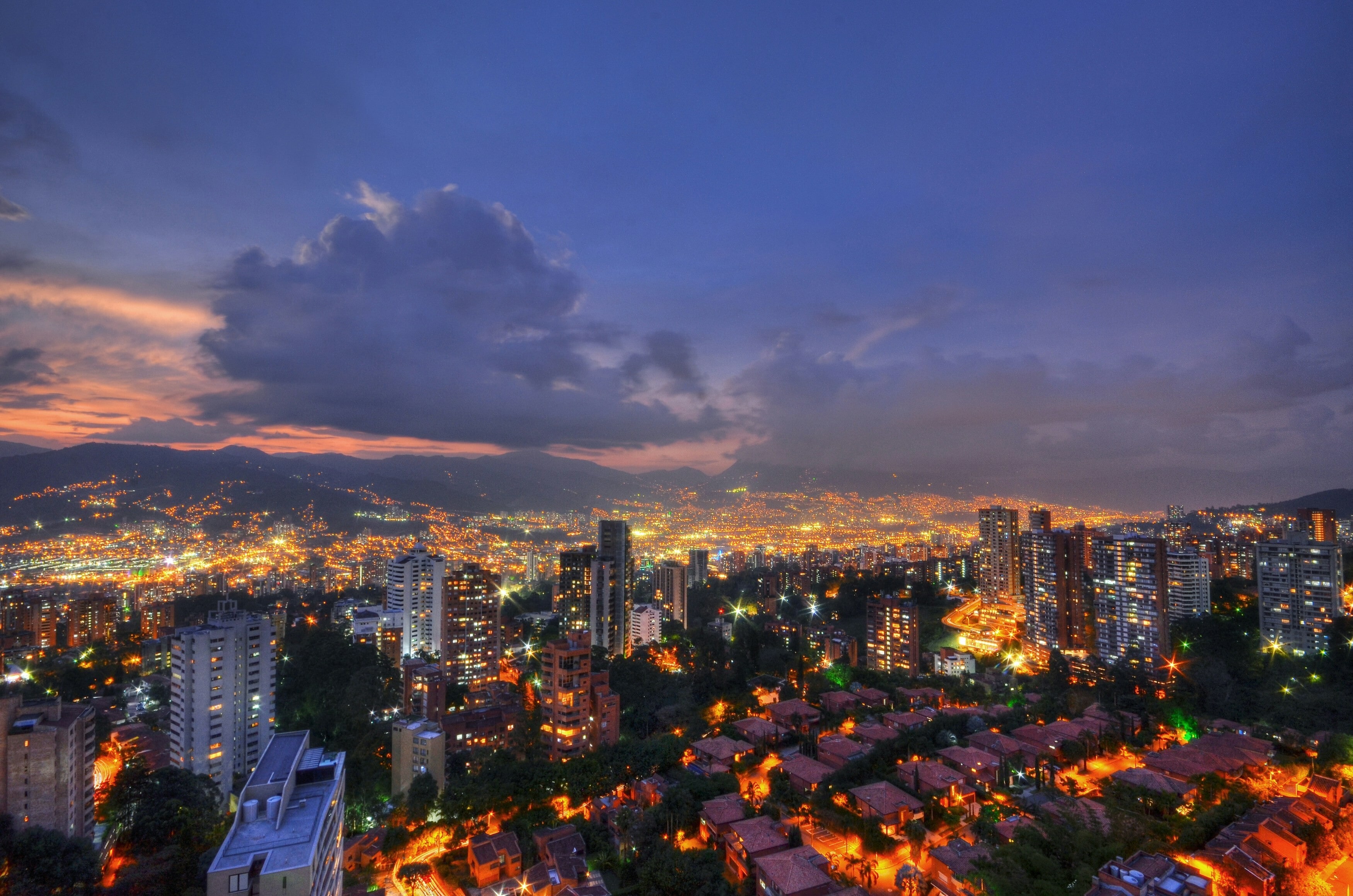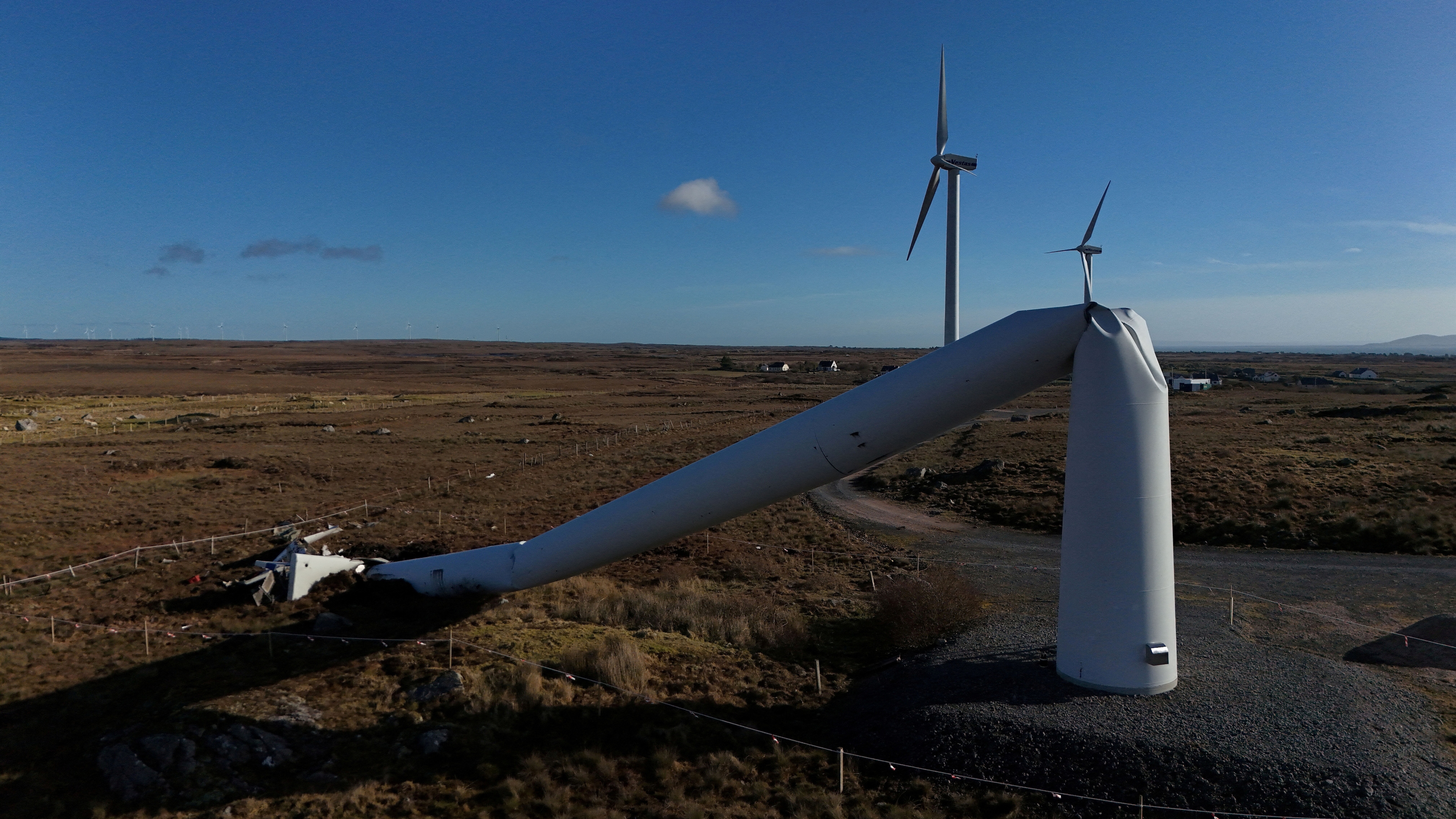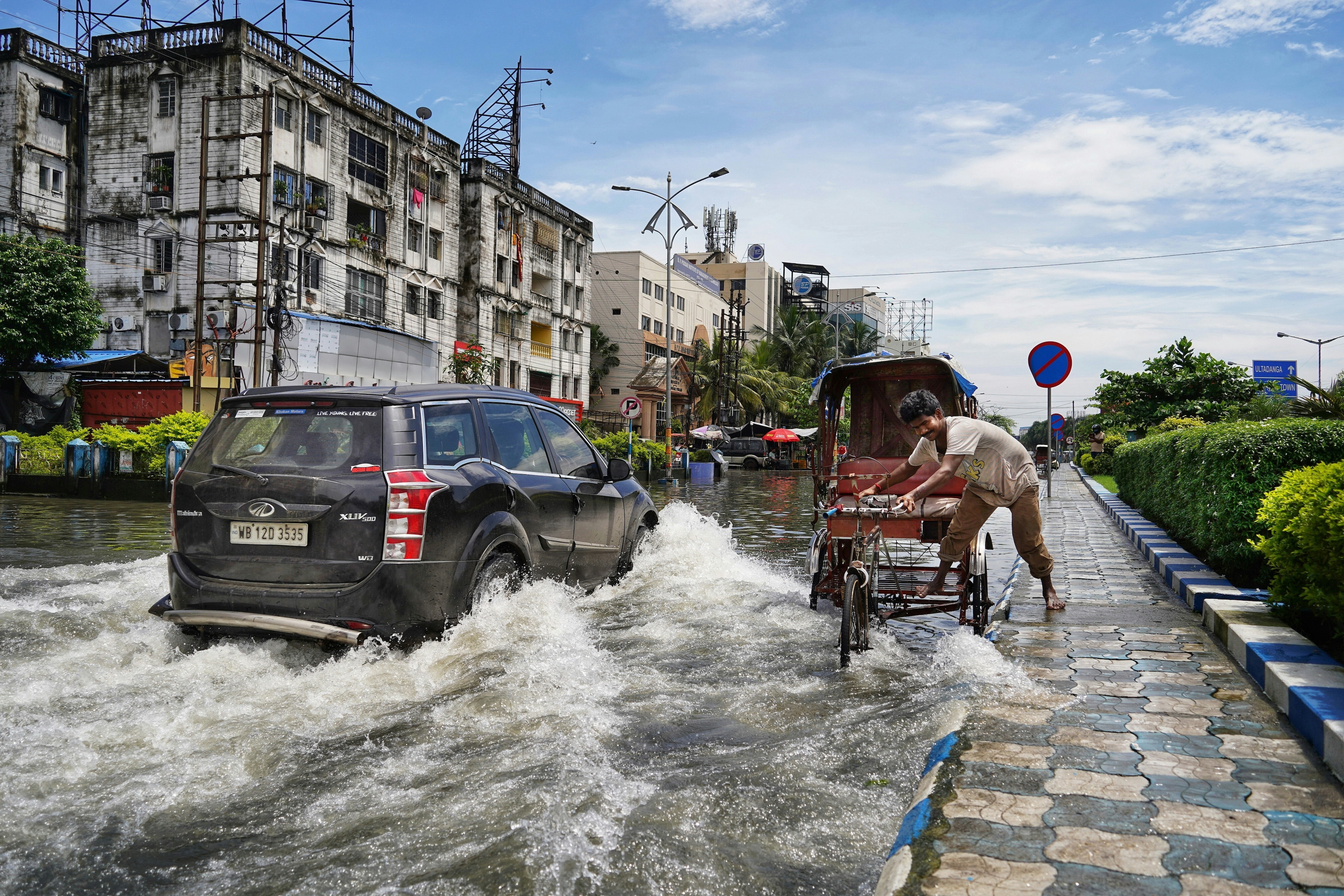These 5 cities are tackling the air pollution crisis
Air pollution causes an estimated 7 million premature deaths every year.
Image: Unsplash/ Kouji Tsuru
Stay up to date:
Mobility Solutions
- Air pollution has been called the most pressing environmental health crisis of our time, responsible for an estimated 7 million premature deaths every year.
- City dwellers, especially the poor, often suffer the most from air pollution, says the United Nations Environment Programme.
- Here's how five cities are looking to improve air quality to help save lives and combat climate change.
Air pollution has been called the most-pressing environmental health crisis of our time, responsible for an estimated 7 million premature deaths every year. Approximately nine in 10 people around the world breathe unclean air, which increases the risk of asthma, heart disease and lung cancer.
City dwellers, especially the poor, often suffer the most from air pollution, which along with imperilling lives, feeds climate change. Realizing those dangers, several municipalities are taking action to combat airborne contaminants.
Ahead of the International Day of Clean Air for blue skies on 7 September, an annual event that stresses the urgent need to improve air quality, we look at five of those cities.
Bogota, Colombia
Bogota is one of Latin America’s leaders in reducing air pollution. The city is electrifying its public bus network and aims to completely electrify the metro system, part of an ambitious plan to reduce its air pollution by 10 per cent by 2024. Bogota’s mayor, Claudia López Hernández, has also highlighted the importance of bikes.
“We now have more than 1 million trips on a daily basis by bike,” she said in 2020. While much of Bogotá’s pollution comes from transport, forest fires in neighbouring regions and countries have also added to the toll.
Warsaw, Poland
Poland is home to 36 of the European Union’s 50 most-polluted cities, with air pollution responsible for 47,500 premature deaths every year. It is now fighting back, having signed the C40 Clean Air Cities Declaration in 2019. Earlier this year, it launched Breathe Warsaw, a partnership with Clean Air Fund and Bloomberg Philanthropies to improve air quality. Warsaw now has 165 air sensors across the city, the largest network in Europe, and Breathe Warsaw will use them to develop an air quality database, allowing officials to better understand pollution sources. The initiative will also provide technical assistance to support the phase-out of coal heating, set up a low-emission zone by 2024 and connect local leaders to share best practices.
Seoul, South Korea
With 26 million people living in Greater Seoul, it is no surprise the city is facing an air quality crisis. Indeed, the mean exposure of Koreans to a toxic particle known as PM2.5 is the highest of any state in the Organization of Economic Cooperation and Development. PM2.5 levels in Seoul are about twice those of other major cities in developed countries. In 2020, the city announced it would ban diesel cars from all public sector and mass transit fleets by 2025. Meanwhile, a partnership with the United Nations Environment Programme (UNEP) will explore the lessons learned over the past 15 years on improving air quality and help share these experiences with other cities in the region.
Accra, Ghana

Accra was the first African city to join the BreatheLife campaign and is considered a leader among cities on the continent aiming to tackle air pollution. According to the World Health Organization (WHO), more than 28,000 people die prematurely every year as a result of air pollution, while the Ghanaian capital’s average air pollution levels are five times WHO guidelines. The city has started a campaign to educate people about the health dangers of indoor cookstoves and to discourage locals from burning their waste. A joint effort between the WHO and the Climate and Clean Air Coalition is supporting a city-wide assessment of the health benefits of switching to more sustainable transport, waste and household energy systems.
Bangkok, Thailand

Given Bangkok’s traffic is some of the worst in the world, it is no surprise the city often labours under a layer of pollution. In 2020, hundreds of schools were forced to close as the levels of fine particulate matter – or PM2.5 – in the air reached unsafe levels. The city has launched a number of initiatives to tackle both air pollution and carbon emissions. The Green Bangkok 2030 project, launched in 2019, aims to increase the ratio of green space in the city to 10sqm per person, have trees covering 30 per cent of the city’s total area, and ensure footpaths meet international standards. Eleven parks are set to open during the project’s first phase, as well as a 15km greenway, all with the aim of encouraging less reliance on private transportation, thereby reducing pollution.
According to UNEP’s 2021 Actions on Air Quality report, countries are increasingly adopting incentives or policies promoting cleaner production, energy efficiency and pollution abatement for industries and have more policies outlawing the burning of solid waste. Yet, much more needs to be done. Only 31 per cent of countries have legal mechanisms for managing or addressing transboundary air pollution, while 43 per cent of countries even lack a legal definition for air pollution. Most countries still lack consistent air quality monitoring and air quality management frameworks.
Inequality is also a factor in air pollution, with more than 90 per cent of air pollution deaths occurring in low and middle-income countries, mainly in Africa and Asia. Even within cities, poorer areas are more affected by air pollution than richer areas.
Every year, on 7 September, the world celebrates the International Day of Clean Air for blue skies. The day aims to raise awareness and facilitate actions to improve air quality. It is a global call to find new ways of doing things, to reduce the amount of air pollution we cause, and ensure that everyone, everywhere, can enjoy their right to breathe clean air. The theme of the third annual International Day of Clean Air for blue skies, facilitated by the United Nations Environment Programme, is “The Air We Share.”
What's the World Economic Forum doing to tackle air pollution?
Accept our marketing cookies to access this content.
These cookies are currently disabled in your browser.
Don't miss any update on this topic
Create a free account and access your personalized content collection with our latest publications and analyses.
License and Republishing
World Economic Forum articles may be republished in accordance with the Creative Commons Attribution-NonCommercial-NoDerivatives 4.0 International Public License, and in accordance with our Terms of Use.
The views expressed in this article are those of the author alone and not the World Economic Forum.
Related topics:
Forum Stories newsletter
Bringing you weekly curated insights and analysis on the global issues that matter.
More on Climate ActionSee all
Luis Antonio Ramirez Garcia
August 11, 2025
Michael Fröbel and Stanislas Hillen
August 8, 2025
Elizabeth Henderson and Daniel Murphy
August 8, 2025
De Rui Wong and Keebum Kim
August 7, 2025






